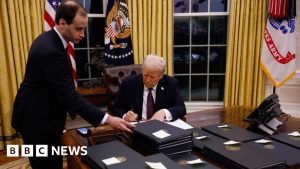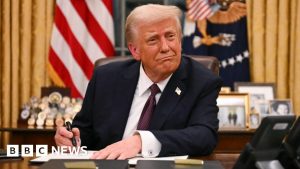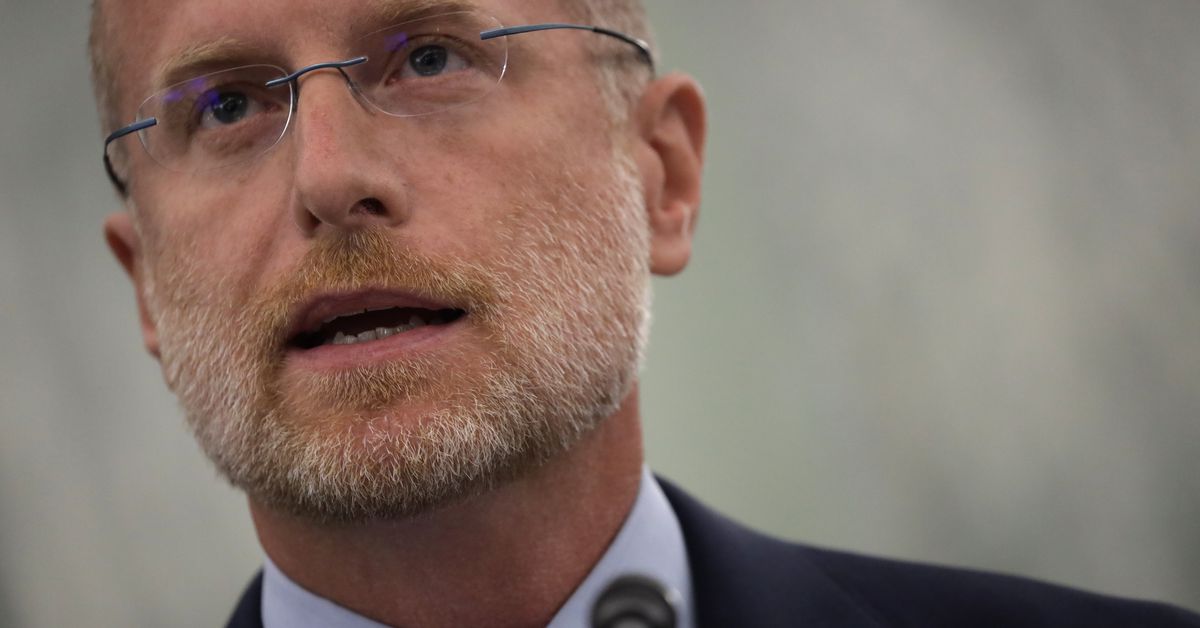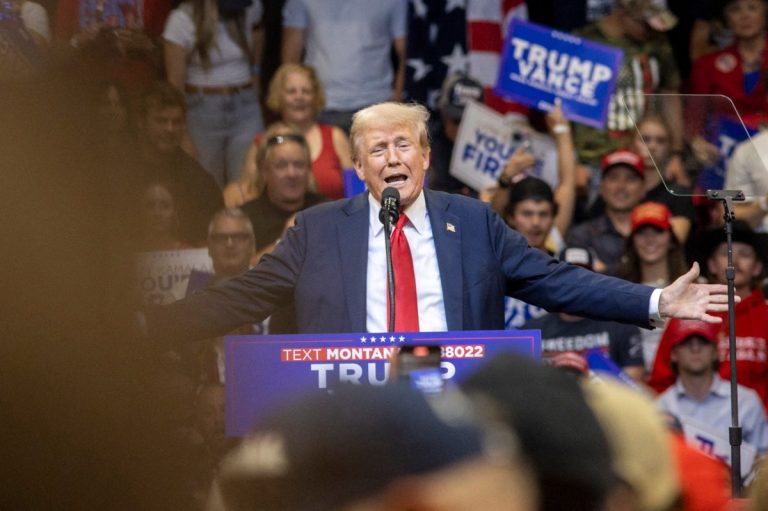Brendan Carr is now formally the chair of the Federal Communications Commission, giving him the power to set the agency’s agenda and usher through a host of regulations with major implications for the tech and media industries as soon as he has a Republican majority.
In a statement, Carr named a few areas of focus: “issues ranging from tech and media regulation to unleashing new opportunities for jobs and growth through agency actions on spectrum, infrastructure, and the space economy.”
Carr’s priorities might also be gleaned from a document you might have already heard about: Project 2025. That’s because he authored the FCC chapter of the Heritage Foundation’s wishlist for a Donald Trump presidency. In that chapter, Carr proposes actions including: limiting immunity for tech companies under Section 230 of the Communications Decency Act, requiring disclosures about how platforms prioritize content, requiring tech companies to pay into a program that funds broadband access in rural areas, and more quickly approving applications to launch satellites from companies like Elon Musk’s StarLink.
The new FCC chair has also indicated that he could use his power to revoke spectrum licenses for networks over their decisions to host speech, when he deems it a violation of the equal time rule. This came up in a scuffle about NBC’s hosting of Kamala Harris on “Saturday Night Live” before the election — though the network seemed to comply with the rules for giving candidates similar time and placement on public airwaves by offering Trump an appearance on air later on.
Regardless, Carr will need a third Republican vote on the commission to approve any measures that are not bipartisan in nature. Trump has nominated Mark Meador, a former staffer to Sen. Mike Lee (R-UT), to join the commission, pending Senate confirmation.
Trump’s pick to lead the Federal Trade Commission is also now in place. Andrew Ferguson, who was already serving as a commissioner, has a reported agenda that echoes parts of Carr’s. It includes a desire to “hold big tech accountable and stop censorship,” and also to “protect freedom of speech and fight wokeness.”

























+ There are no comments
Add yours